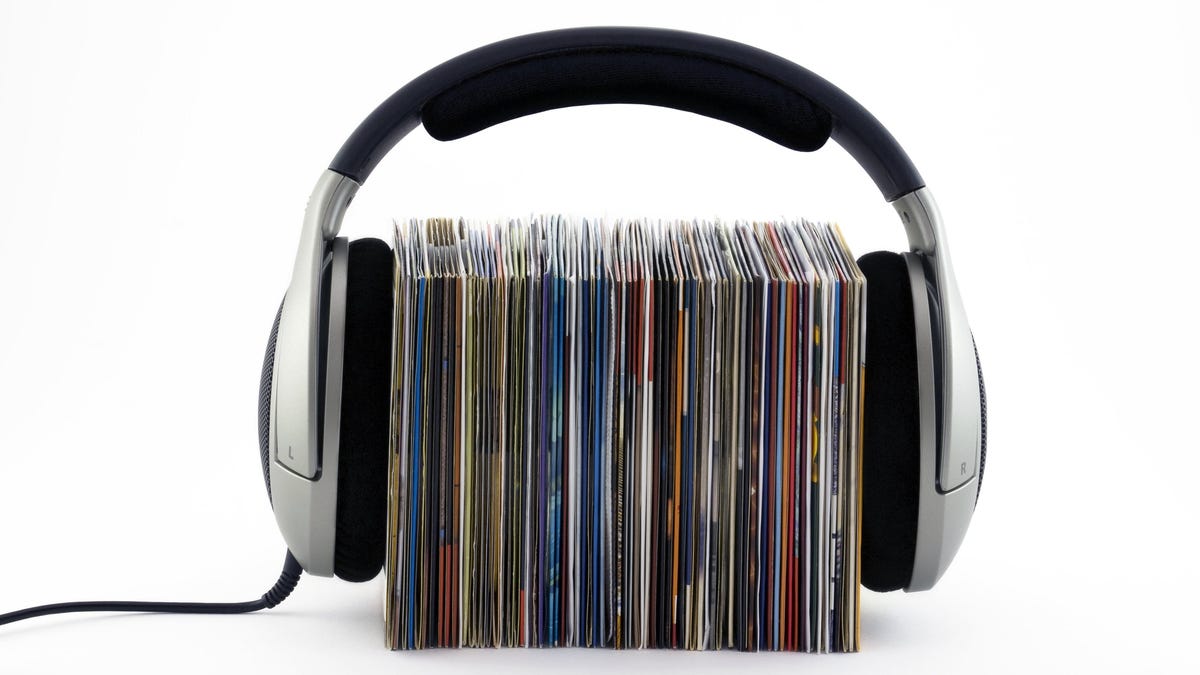"Muso, a research firm that studies piracy, concluded that the high prices of streaming services like Spotify and Apple Music are pushing people back towards illegal downloads. Spotify raised its prices by one dollar last year to $10.99 a month, the same price as Apple Music. Instead of coughing up $132 a year, more consumers are using websites that rip audio straight out of YouTube videos, and convert them into downloadable MP3 or .wav files.
Roughly 40% of the music piracy Muso tracked was from these “YouTube-to-MP3” sites. The original YouTube-to-MP3 site died from a record label lawsuit, but other copycats do the same thing. A simple Google search yields dozens of blue links to these sites, and they’re, by far, the largest form of audio piracy on the internet."
The problem isn’t price. People just don’t want to pay for a bad experience. What Apple Music and Spotify have in common is that their software is bloated with useless shit and endlessly annoying user-hostile design. Plus Steve Jobs himself said it back in 2007: “people want to own their music.” Having it, organizing it, curating it is half the fun. Not fun is pressing play one day and finding a big chunk of your carefully constructed playlist is “no longer in your library.” Screw that.



Yah, and before that SoundJam, an indy app which Apple bought and re-skinned into iTunes.
At the time it was all wonderful and intuitive. Drag and drop everything, beautifully curated collections, simple and dependable, and sitting right there on your hard drive / iPod so you always had everything.
Now it’s all a sewer of bullshit, annoying and alienating to use, it makes music a miserable experience. They wonder why people don’t want to pay for it. And use the law to beat us over the head until we submit to our own misery.
We really gotta update consumer laws for the digital age so there’s a reasonable balance between corporations and consumers again.